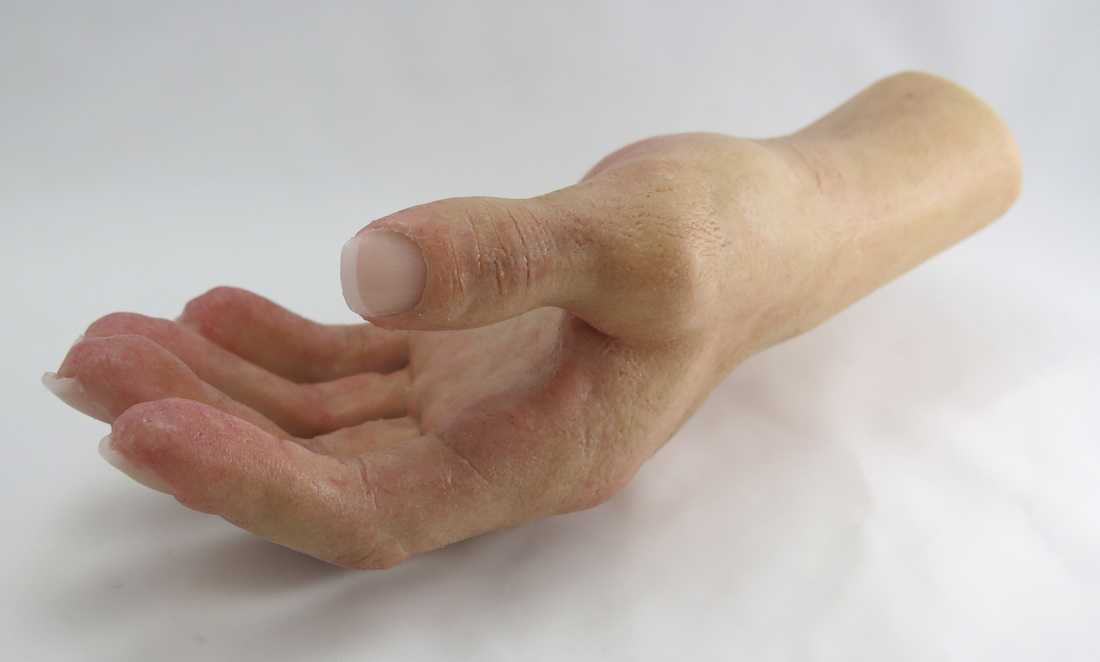Losing part of a hand doesn’t mean losing your independence. Thanks to modern medical innovation, partial hand prosthetics now offer functional solutions that are more comfortable, realistic, and responsive than ever. Whether due to an injury, congenital difference, or medical condition, those seeking a working prosthetic hand can regain mobility and control with the right guidance—starting with a trusted partial hand prosthetics clinic.
In this article, we’ll explore what partial hand prosthetics are, how they work, and what to expect when visiting a specialized clinic.
What Are Partial Hand Prosthetics?
Partial hand prosthetics are devices designed for individuals who have lost one or more fingers or a portion of their hand but retain wrist and some hand function. These devices fill the gap between full-hand prosthetics and finger-specific prosthetics.
They are crafted to support a wide range of everyday activities—from gripping a cup or using tools to typing or lifting light objects. Depending on your needs and goals, prosthetics can be cosmetic, functional, or both.
Why Choose a Partial Hand Prosthetics Clinic?
A general prosthetics center may not have the expertise required for the unique needs of partial hand prosthetic users. A partial hand prosthetics clinic offers tailored care, precise fitting, and custom-made solutions for each patient.
Here’s what sets these clinics apart:
- Focused Expertise: Specialists who work specifically with hand and finger prosthetics understand the intricacies of partial limb loss.
- Advanced Technology: Clinics use 3D scanning, silicone matching, and sometimes myoelectric technology to create lifelike and highly functional prosthetics.
- Customized Solutions: Every hand is different. These clinics offer devices built for each patient’s specific anatomy, lifestyle, and functional needs.
- Ongoing Support: From training on using your prosthesis to long-term maintenance and adjustments, these clinics provide holistic care.
Features of a Working Prosthetic Hand
A working prosthetic hand doesn’t just look realistic—it functions in meaningful ways. Depending on your level of hand loss, you might benefit from:
- Passive Devices: Provide a realistic appearance and can help with balance or light stabilization.
- Mechanical Fingers: Allow motion through manual manipulation or body-powered systems, useful for tasks like gripping or pinching.
- Myoelectric Fingers: Use muscle signals from the residual limb to control movement. These are ideal for people who want advanced function and control.
- Hybrid Devices: Combine cosmetic features with mechanical functionality for users seeking both appearance and utility.
The choice depends on the type of hand loss, user preferences, and daily activity level.
The Process: What to Expect at the Clinic
- Initial Consultation & Assessment:
Your clinician will evaluate your residual hand, discuss goals, and recommend the most suitable prosthetic type. - Digital Scanning & Custom Design:
Using modern tools like 3D scanning, your prosthesis will be designed to match the shape, size, and tone of your hand. - Fabrication & Fitting:
The prosthetic is carefully fabricated using lightweight materials, then adjusted for fit, comfort, and appearance. - Training & Use:
The clinic will guide you through training to ensure you’re comfortable and confident using your new prosthetic hand. - Follow-Up Care:
Routine checkups are essential to monitor fit, address wear and tear, and make any necessary updates as your needs evolve.
Reclaiming Confidence and Control
Partial hand prosthetics offer more than just function—they restore confidence, independence, and quality of life. Whether you’re seeking to return to work, enjoy your hobbies, or feel more confident in social settings, a working prosthetic hand designed by a specialized clinic can make a life-changing difference.
Final Thoughts
Choosing the right partial hand prosthetics clinic is the first step toward a more functional and fulfilling life. With a custom-built working prosthetic hand, you’re not just replacing what was lost—you’re gaining new possibilities.
If you or a loved one are exploring options for hand prosthetics, don’t settle for generic solutions. Look for a clinic that specializes in partial hand prosthetics and prioritizes comfort, realism, and functionality.

